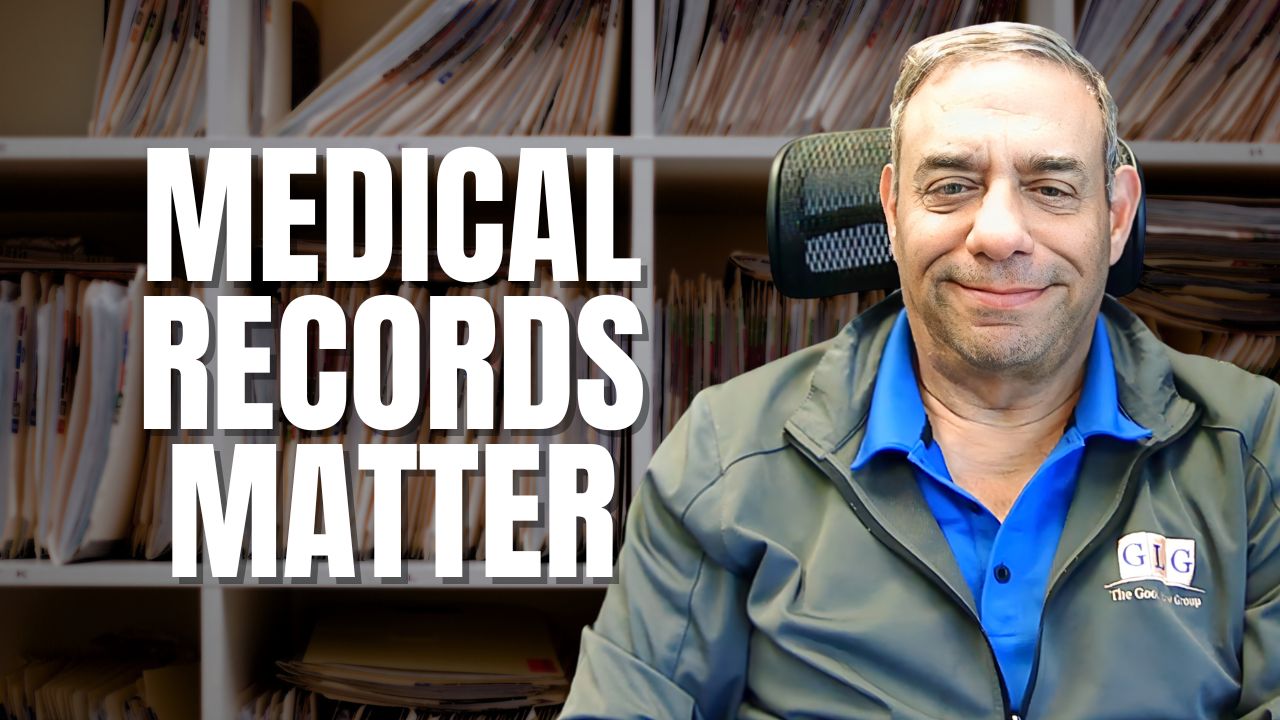Hernias, and thus hernia surgery, are not uncommon. Roughly one million Americans undergo surgery to repair epigastric, femoral (groin or inner thigh), hiatal, incisional, inguinal, or umbilical hernias each year. Surgery to repair the hernia involves pushing the hernia sac back into the abdomen and strengthening the repair with either stitches or, more commonly, some type of hernia mesh.
Unfortunately, injuries from hernia mesh surgery are also common, with the FDA estimating that one-third of every hernia mesh surgery patient experiencing chronic pain or some other long-term complication due to a defect in the hernia mesh. In these cases, follow-up treatment – sometimes even repeat surgeries – is required to repair the damage from the hernia mesh complication.
If you’ve been injured as a result of hernia mesh surgery, you may be entitled to compensation from the manufacturer (if the hernia mesh was defective) or the physician (if the complications resulted from a medical mistake). Read on to learn more about potential hernia mesh complications, treatment, and the amount of compensation you may be eligible to receive.
Long-term complications from hernia mesh surgery
Soreness, fever, even short-term infection at the incision or repair site is common following any surgery, not just hernia mesh surgery. These complications usually disappear quickly or are easily treated with painkillers or antibiotics.
Sometimes, however, hernia mesh complications last long after the surgery date. In some cases, these complications may not even become apparent until months or years after your hernia mesh surgery.
The types of hernia mesh complications patients experience depend on the specific hernia mesh product used and the skill and experience of the physician. Complications may include:
- Chronic pain. Feelings of pain, hypersensitivity, or discomfort near the incision site are normal within the first few days or weeks following surgery. If the pain lasts longer than three months post-hernia mesh surgery, however, it could be a sign that your hernia mesh was defective or that your doctor made a mistake during surgery.
- Adhesions. Following surgery, scar tissue forms around the injury site. An adhesion happens when the scar tissue forms around the mesh and joins it with surrounding organs or tissue. Adhesions cannot only be painful but can lead to bowel obstruction or chronic pelvic pain.
- Perforation. Fibers in some hernia mesh products can perforate surrounding organs or tissues which can lead to chronic pain, infection, or bowel obstructions.
- Migration. Whether due to physician error, shrinkage, or a defective product, in some cases the hernia mesh moves from its original location. This can cause pain, bleeding, or other damage to surrounding organs.
- Rejection. Just like with organ transplants, your body views the hernia mesh as a foreign object, which can sometimes cause it to reject the mesh. Physicians can prescribe medication to prevent rejection, but if it happens it can lead to infection or require that the hernia mesh be revised or removed.
Treatment for hernia mesh complications
Just as there are a variety of potential hernia mesh complications, there are a variety of treatment options available. Treatment to correct any complications following hernia mesh surgery depends on the type of complication.
In the best-case scenario, any long-term complications or chronic pain can be alleviated with medication, such as to treat an infection. But perforated organs, bowel obstructions, or migration of the hernia mesh can require follow-up surgeries to correct not just the complication, but to repair or replace the hernia mesh itself.
For more information watch our video:
How will I be compensated for my hernia mesh injury?
If you suffer long-term complications from hernia mesh surgery, it’s understandable to wonder how much you may be entitled to receive based on your injuries. An evaluation of payouts for prior hernia mesh lawsuits, both settlements and jury verdicts, puts the average compensation package anywhere between $50,000 to $500,000.
These numbers, however, are an average. How much compensation each individual receives depends on numerous factors, including the extent of your injuries, whether compensation is the result of a settlement or trial (settlement payouts are typically less than jury verdicts), and even the defendant.
Regardless of whether payment is due to a settlement agreement or jury verdict, the compensation package is comprised of economic and non-economic damages, also known as compensatory damages. If your case went to trial, the jury may also award you punitive damages (these damages are not paid if you reach a settlement agreement with the defendant).
Compensatory damages compensate for actual losses suffered because of your hernia mesh injury. Economic damages have an actual dollar amount attached to the losses and can include:
- Medical bills not covered by health insurance.
- Past, present, and future lost wages.
- Future lost earning capacity.
Unlike economic damages, non-economic damages are losses that cannot be measured in actual dollars; the amount of the loss is more subjective and is proven not by receipts, like medical bills are, but rather testimony about the negative impact the injuries have had on your life. Non-economic damages may include:
- Pain and suffering.
- Loss of consortium.
- Loss of enjoyment of life.
- Mental anguish.
- Permanent disabilities, impairment, or disfigurement.
If your hernia mesh lawsuit goes to trial, you may also be entitled to punitive damages. The purpose of punitive damages is to punish the defendant for his bad acts and, hopefully, serve as a deterrent to the defendant and others in his position from engaging in similar behavior in the future. Punitive damages awards are generally higher than compensatory damages and are dependent upon the egregiousness of the defendant’s actions.
To learn more about how this process works, watch this short video.
At The Good Law Group, our hernia mesh attorneys leverage 30 years’ experience to help our clients obtain financial compensation for their injuries. The law requires individuals who have been injured due to a defective hernia mesh product or physician mistake to file a case within two year of the surgery date, although it’s possible for that date to be extended if your hernia mesh injury wasn’t immediately apparent or occurred several years after surgery. Call us today to schedule a no-cost initial consultation.
Contact Us form









